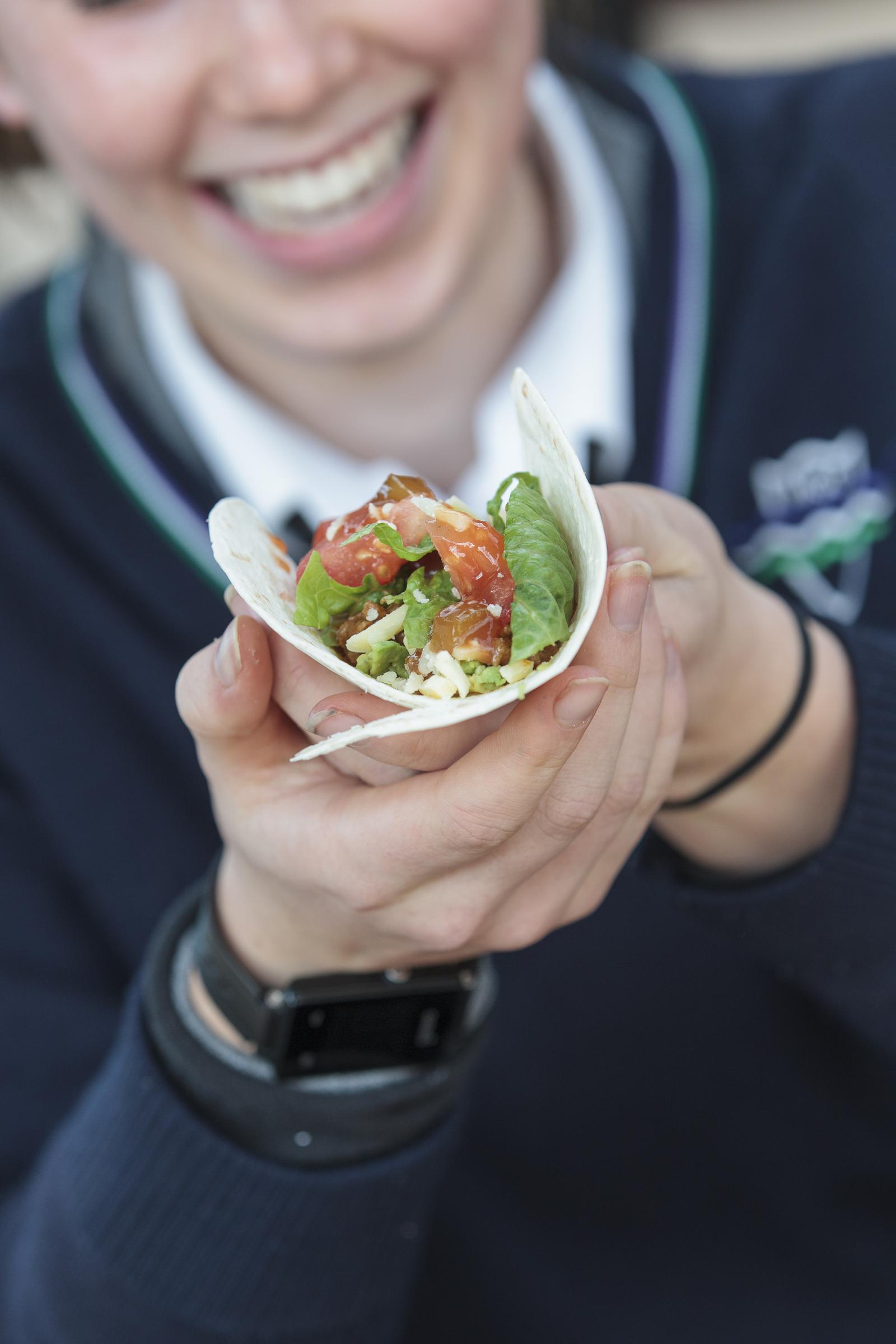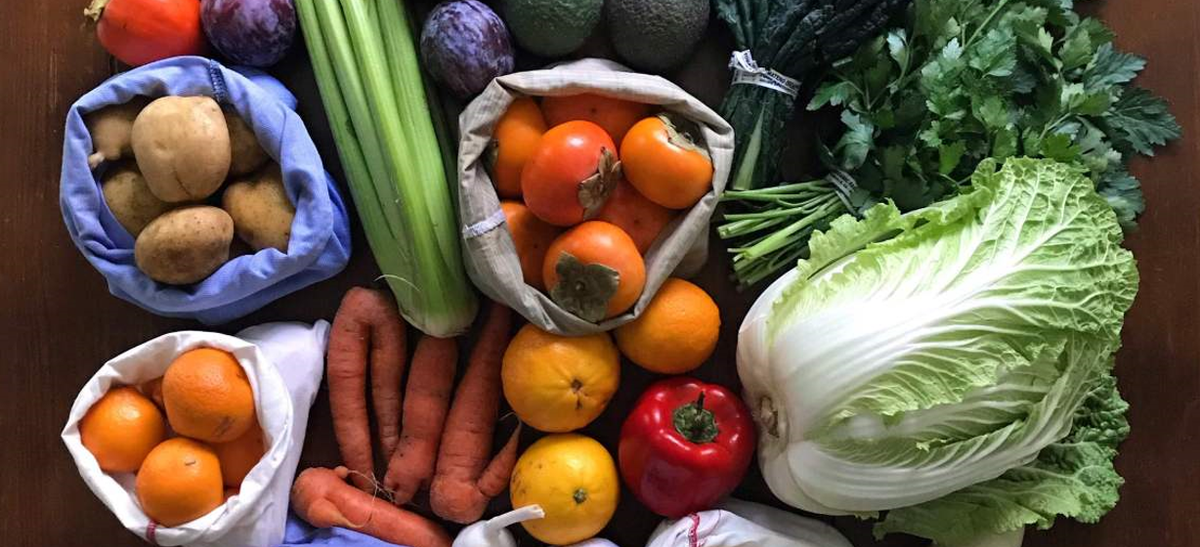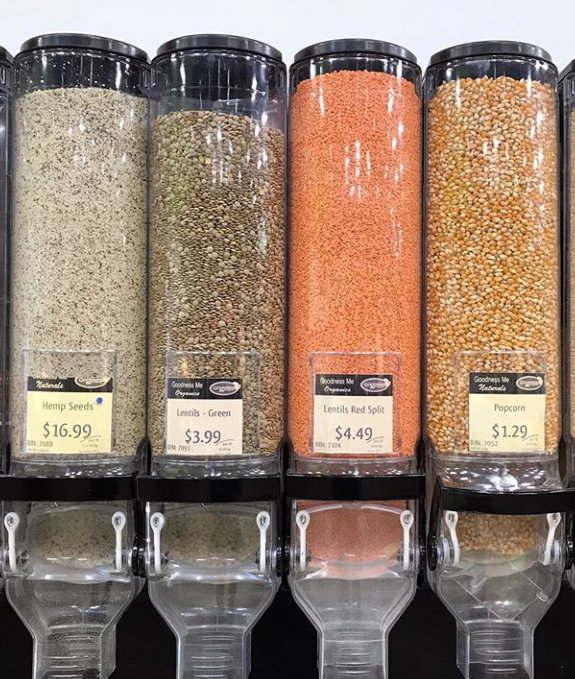Returning to school sustainably after remote learning

As we welcome everyone back to school, we’d like to take this opportunity to remind everyone about the great work done in Term 1 on waste reduction. We hope all of those fantastic habits continue. The compost cones have been working away. They alone have saved 380 kg of CO2e this year so far – that’s the equivalent of 170 days of electricity consumption for one household. The solar cones are hungry and primed to compost your food scraps, compostable packaging and serviettes. They can take our student’s used tissues too.
The Covid19 pandemic has given us all the space to reflect on the kind of world humans have created. Perhaps it has also given us the time to rethink the kind of world we want to create as the lock down eases. The kind of world many students at MGC want is one that allows them to live in harmony with the natural world. Where humans are part of ecosystems, entwined and connected to all life, not having dominion over it. Many scientists have made the link between Covid19 and loss of biodiversity and forests. The amount of waste we all send to landfill has a massive impact on the planet through the release of greenhouse gases, the poisoning of soils through leachate and the clearing of land to make way for the fills. All these reasons make it so much more important for us as a school to continue our journey towards Zero Waste to landfill. There have been and will continue to be setbacks along the way but let’s not lose sight of the gains we’ve made; hundreds of daily zero waste lunches, the composting of food waste of up to 1600 people within our school everyday and a policy providing a blueprint for the way forward.
Here are some suggestions to do your bit to help us reduce the amount of waste entering MGC and to counter the Pandemic Plastic Push.
1. Buy more fresh fruit and vegetables
Eating food as close to its original form is what is best for you and our children.
2. Take your own reusable bags to the supermarket and refill them yourself and wash after use
The plastics industry has been busily trying to convince the public that plastic is safer than disposables and has lobbied governments to overturn plastic bag bans. In reality, Covid-19 ‘lives’ longer on plastic (up to 72 hours) than other materials, such as cardboard (up to 24 hours).
3. When you buy food in plastic packages, look for giant packages
Buying giant packages of food reduces the overall amount of packaging you bring home over time. Picture one, 5 kg bag of rice versus 50, 100 g bags. Consider buying the huge bag. Make lots of fried rice, rice pudding, dosas, paella and so on.
4. Learn to cook
When you learn to cook, you won’t rely on highly processed, overly packaged foods. You’ll also know what to do with the food you have on hand and so you’ll reduce your food waste. Yes, packaged food is more convenient but that convenience is killing the planet and its inhabitants. You don’t need to cook gourmet meals every night—no one has the time, energy or money for that at the best of times. Just use fresh ingredients and cook simple food. Google “use it up recipes” for ideas and avoid the shops for a little longer.
5. Buy in bulk
The options around Melbourne are getting better all the time. We can shout them out here but a quick google search will give you a pretty good idea.


